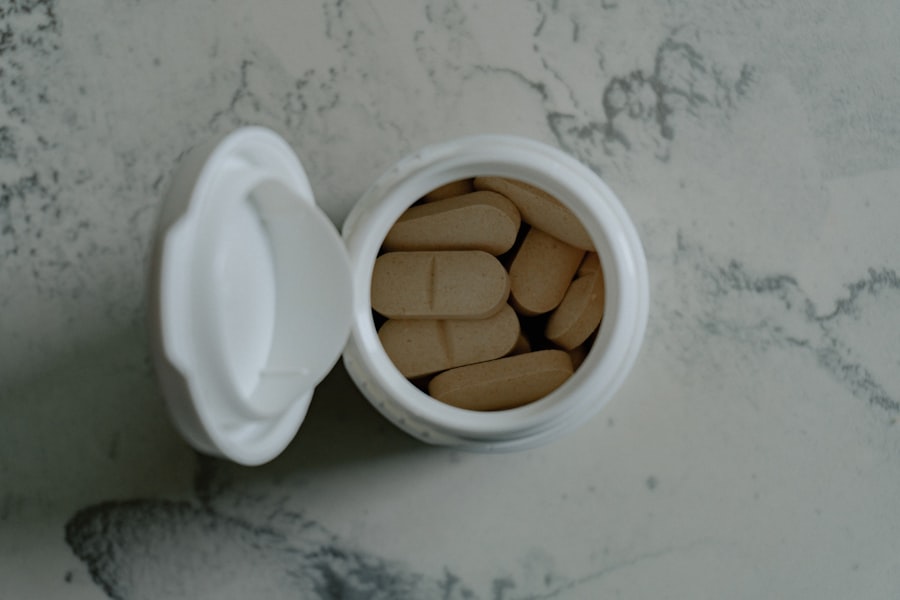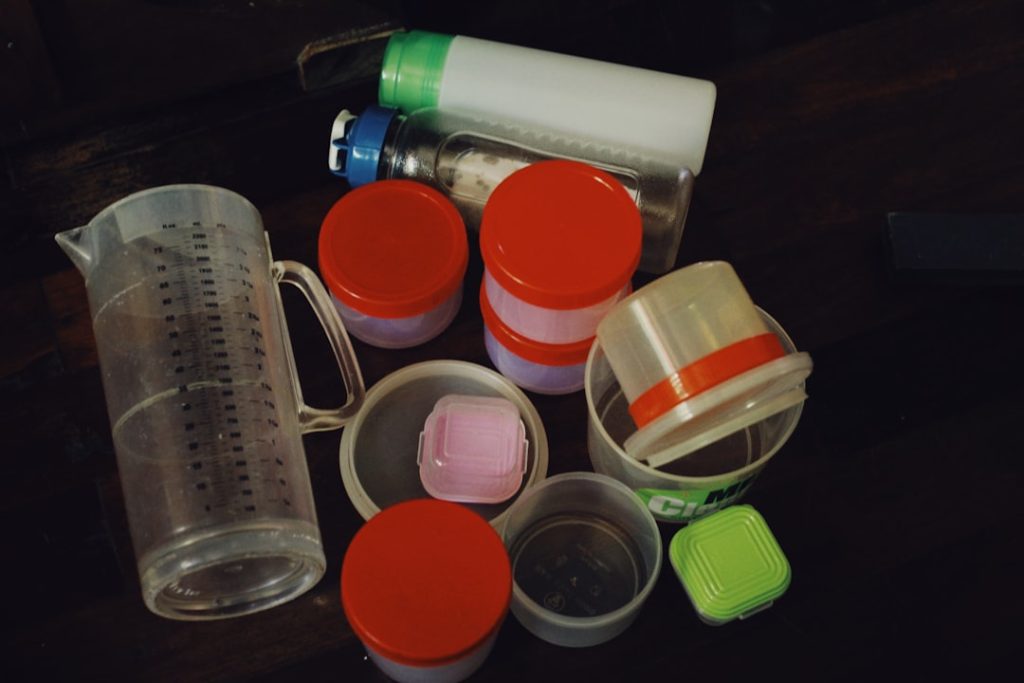Paid drug trials, also known as clinical trials, are research studies conducted to evaluate the safety and efficacy of new medications or treatment protocols. These trials are essential for the development of new drugs, as they provide critical data that regulatory agencies, such as the U.S. Food and Drug Administration (FDA), require before a drug can be approved for public use.
Participants in these trials may receive compensation for their time and involvement, which can vary significantly depending on the trial’s duration, complexity, and location. The process of drug trials typically involves several phases, each designed to answer specific research questions. Phase I trials focus on assessing the safety of a drug in a small group of healthy volunteers, while Phase II trials expand the participant pool to include individuals with the condition the drug aims to treat.
Phase III trials are larger and more comprehensive, comparing the new drug against standard treatments or placebos. Finally, Phase IV trials occur after a drug has been approved, monitoring its long-term effects in the general population. Understanding this structure is crucial for potential participants, as it helps them grasp the significance of their involvement in advancing medical science.
Key Takeaways
- Paid drug trials offer compensation for participation while testing new medications.
- Locating nearby trials involves searching clinical trial registries and contacting research centers.
- Participation carries benefits like access to new treatments but also risks such as side effects.
- Eligibility depends on specific health criteria and trial requirements.
- Asking key questions and choosing reputable facilities ensures a safer and more informed trial experience.
How to Find Paid Drug Trials Near Me
Finding paid drug trials in your vicinity can be accomplished through various channels. One of the most effective methods is to utilize online databases and registries that list ongoing clinical trials. Websites such as ClinicalTrials.gov provide a comprehensive database of clinical studies conducted worldwide, allowing users to filter results based on location, medical condition, and phase of the trial.
By entering your zip code or city, you can quickly identify trials that are recruiting participants near you. In addition to online resources, local hospitals and medical research institutions often conduct their own clinical trials. Many of these facilities have dedicated research departments that focus on specific therapeutic areas, such as oncology or cardiology.
Reaching out directly to these institutions can yield information about upcoming trials that may not yet be listed online. Furthermore, patient advocacy groups and support organizations related to specific diseases often have information about relevant clinical trials and can assist individuals in finding opportunities that align with their health needs.
Benefits and Risks of Participating in Drug Trials

Participating in drug trials offers several potential benefits. One of the most significant advantages is access to cutting-edge treatments that may not yet be available to the general public. For individuals with chronic or life-threatening conditions, this access can be life-changing.
Additionally, participants often receive comprehensive medical care throughout the trial, including regular check-ups and monitoring by healthcare professionals. This level of attention can lead to early detection of health issues and provide participants with valuable insights into their medical conditions. However, there are inherent risks associated with participating in drug trials that must be carefully considered.
The primary concern is the uncertainty surrounding the safety and efficacy of experimental treatments. While extensive preclinical testing is conducted before a drug reaches human trials, unforeseen side effects may still arise during the study. Participants may experience adverse reactions that could range from mild discomfort to severe health complications.
Moreover, there is no guarantee that the treatment will be effective; participants may not experience any improvement in their condition and could potentially face additional health challenges as a result of the trial.
Eligibility Criteria for Participating in Drug Trials
| Eligibility Criteria | Description | Typical Requirements | Purpose |
|---|---|---|---|
| Age Range | Specifies the minimum and maximum age of participants | Usually 18-65 years, sometimes includes children or elderly | Ensures safety and relevance of results to target population |
| Health Status | General health condition required for participation | Healthy volunteers or patients with specific conditions | To assess drug effects in intended population or healthy controls |
| Medical History | Past or current medical conditions that may affect trial | No history of severe allergies, heart disease, or other contraindications | Minimizes risk and confounding factors |
| Medication Use | Restrictions on current or recent use of other medications | No use of conflicting drugs within a specified washout period | Prevents drug interactions and ensures data integrity |
| Pregnancy Status | Requirements related to pregnancy or breastfeeding | Non-pregnant, negative pregnancy test, use of contraception | Protects fetus and ensures safety of participants |
| Informed Consent | Participant’s voluntary agreement to participate | Signed informed consent form after understanding risks and benefits | Ethical requirement for participation |
| Ability to Comply | Participant’s ability to follow study procedures | Willingness and ability to attend visits and follow protocol | Ensures reliable data collection and participant safety |
Eligibility criteria for drug trials are established to ensure that participants are suitable for the study and that the results will be valid and applicable to the target population. These criteria can vary widely depending on the specific trial but generally include factors such as age, gender, medical history, and current health status. For instance, some trials may only recruit individuals within a certain age range or those who have not previously received specific treatments for their condition.
In addition to demographic factors, researchers often look for specific biomarkers or genetic profiles that align with the study’s objectives. For example, a trial investigating a new cancer treatment may require participants to have a particular type of tumor or genetic mutation. It is essential for potential participants to review these criteria carefully before applying to ensure they meet all requirements.
Failing to meet eligibility standards can lead to disqualification from the trial, wasting both time and effort.
What to Expect During a Drug Trial
Once accepted into a drug trial, participants can expect a structured process that includes several key components. Initially, participants will undergo a thorough screening process that may involve physical examinations, laboratory tests, and medical history assessments to confirm eligibility. This step is crucial for ensuring participant safety and gathering baseline data for comparison throughout the trial.
During the trial itself, participants will follow a predetermined schedule that outlines visits to the research facility for assessments and treatment administration. Depending on the trial’s design, participants may receive either the experimental drug or a placebo without knowing which one they are receiving (a double-blind study). Throughout this period, researchers will monitor participants closely for any side effects or changes in health status.
Regular check-ins may include questionnaires about symptoms, blood tests, imaging studies, or other evaluations necessary to assess the drug’s impact.
Finding Reputable Organizations and Research Facilities

Identifying reputable organizations and research facilities is paramount when considering participation in a drug trial. The credibility of the institution conducting the trial can significantly influence both the quality of care received and the integrity of the study results. One way to assess an organization’s reputation is by looking for those affiliated with well-known medical schools or hospitals that have established research programs.
Additionally, potential participants should verify whether the facility has received approval from an Institutional Review Board (IRB), which ensures that ethical standards are upheld throughout the research process. An IRB reviews study protocols to protect participants’ rights and welfare, making it an essential component of reputable clinical research. Engaging with patient advocacy groups can also provide insights into trustworthy organizations conducting trials relevant to specific health conditions.
Important Questions to Ask Before Participating in a Drug Trial
Before committing to participate in a drug trial, it is crucial for individuals to ask pertinent questions that will help them make informed decisions about their involvement. One fundamental question is about the purpose of the trial: What is being tested, and what are the expected outcomes? Understanding the goals of the study can clarify how participation may impact one’s health.
Another critical inquiry involves potential risks and side effects associated with the experimental treatment. Participants should ask about previous studies involving similar drugs and any known adverse reactions. Additionally, it is essential to understand what will happen if they experience side effects during the trial—will they be able to withdraw from the study at any time?
Clarifying these points can help alleviate concerns about safety and ensure that participants feel comfortable throughout their involvement.
Tips for Maximizing Your Experience in a Drug Trial
To maximize the experience of participating in a drug trial, individuals should approach their involvement with preparation and open communication. Keeping detailed records of any symptoms or side effects experienced during the trial can provide valuable information for researchers while also helping participants track their health status over time. This documentation can facilitate discussions with healthcare providers during check-ins and ensure that any concerns are addressed promptly.
Moreover, maintaining an open line of communication with study coordinators is vital for a positive experience. Participants should feel empowered to ask questions or express concerns at any point during the trial. Engaging actively with researchers not only enhances personal understanding but also contributes to the overall success of the study by providing feedback that may improve future trials.
Additionally, connecting with other participants can foster a sense of community and support throughout the process. Many research facilities offer opportunities for participants to meet or communicate with one another, allowing them to share experiences and coping strategies related to their conditions and treatments. This camaraderie can be invaluable in navigating the challenges associated with participating in clinical research while also contributing to a more enriching experience overall.




